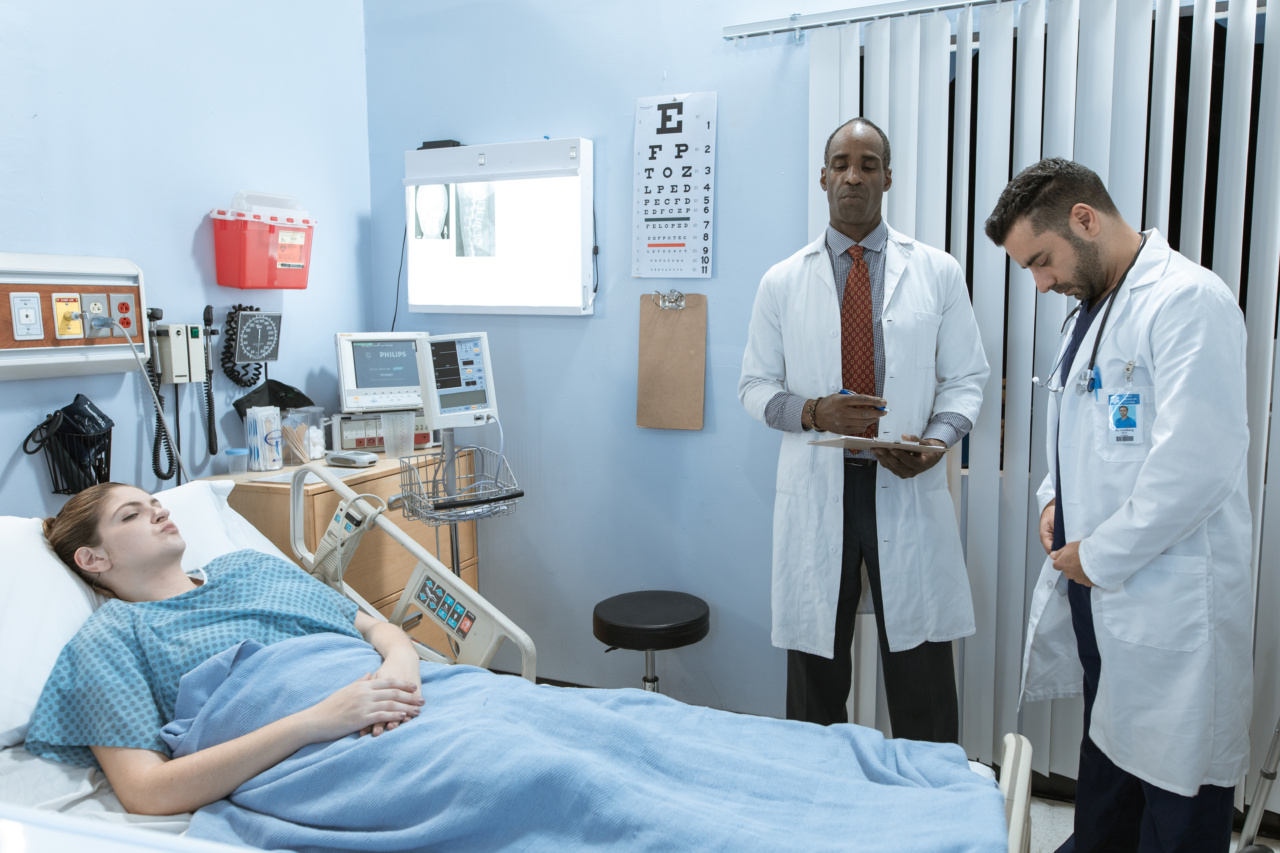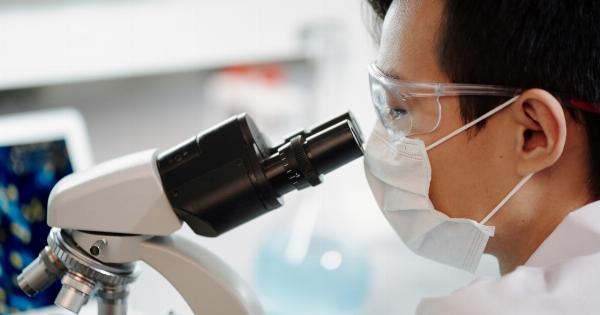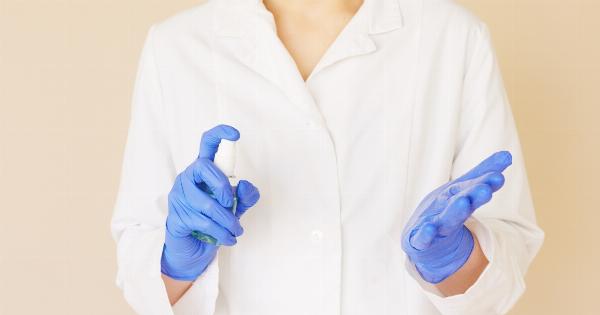Infectious diseases pose a great threat to individuals, communities, and the global population. These diseases, caused by pathogenic microorganisms such as bacteria, viruses, fungi, and parasites, can spread quickly and cause severe health problems.
Therefore, it is crucial to have certified medical professionals who can diagnose, treat, and prevent infectious diseases. Here are the seven certified medical professionals for infectious diseases:.
Infectious Disease Specialists
Infectious disease specialists (IDS) are medical doctors who specialize in the diagnosis and treatment of infectious diseases.
IDS work with patients who have complex or chronic infections, as well as those with unusual or rare infections that are difficult to diagnose and treat. IDS also play a critical role in public health by identifying and containing outbreaks of infectious diseases.
To become an IDS, a medical doctor must complete a fellowship in infectious diseases after completing medical school and an internal medicine residency.
Medical Microbiologists
Medical microbiologists are scientists who specialize in the study of infectious microorganisms such as bacteria, viruses, and fungi. They use a variety of laboratory techniques to identify, classify, and study microorganisms that cause diseases.
Medical microbiologists work with medical doctors to diagnose and treat infections, as well as develop vaccines, antibiotics, and other therapies to combat infectious diseases. To become a medical microbiologist, a person must have a Ph.D. in microbiology or related fields and complete additional training in medical microbiology.
Public Health Specialists
Public health specialists are professionals who work to promote and protect the health of communities and populations. They use a combination of surveillance, prevention, and treatment approaches to control and prevent infectious diseases.
Public health specialists collaborate with medical doctors, epidemiologists, policymakers, and other stakeholders to develop and implement strategies to combat infectious diseases. To become a public health specialist, a person must have a bachelor’s or master’s degree in public health or related fields and complete additional training in infectious diseases.
Infection Preventionists
Infection preventionists (IPs) are professionals who work to prevent and control infections in healthcare settings and other settings where infections may occur.
IPs develop and implement infection control policies and procedures, monitor infection rates, investigate outbreaks of infectious diseases, and educate healthcare workers and the public about infection prevention measures. To become an IP, a person must have a bachelor’s or master’s degree in nursing, microbiology, or other healthcare-related fields and complete additional training in infection prevention and control.
Epidemiologists
Epidemiologists are scientists who study the patterns, causes, and effects of diseases in populations.
They investigate the distribution and determinants of infectious diseases, as well as develop and evaluate interventions to control and prevent infectious diseases. Epidemiologists collaborate with medical doctors, public health specialists, and policymakers to develop and implement strategies to combat infectious diseases.
To become an epidemiologist, a person must have a master’s or doctoral degree in epidemiology or related fields.
Infectious Diseases Pharmacists
Infectious diseases pharmacists are healthcare professionals who specialize in the use of medications to treat infectious diseases.
They work with medical doctors, nurses, and other healthcare professionals to develop and implement treatment plans for patients with infectious diseases. Infectious diseases pharmacists also play a critical role in preventing antibiotic resistance by promoting the appropriate use of antibiotics and other antimicrobial agents.
To become an infectious diseases pharmacist, a person must have a Doctor of Pharmacy (Pharm.D.) degree and complete additional training in infectious diseases pharmacotherapy.
Travel Health Specialists
Travel health specialists are healthcare professionals who specialize in the health risks and preventive measures associated with international travel.
They provide pre-travel health advice and vaccinations, as well as diagnose and treat travel-related illnesses and infections. Travel health specialists also collaborate with public health authorities to monitor and control infectious diseases that may be introduced by travelers.
To become a travel health specialist, a person must have a medical degree or be a registered nurse and complete additional training in travel medicine.
Conclusion
These are the seven certified medical professionals who play critical roles in preventing, diagnosing, treating, and controlling infectious diseases.
As the world faces an increasing number of emerging and re-emerging infectious diseases, the skills and expertise of these professionals are more important than ever.





























